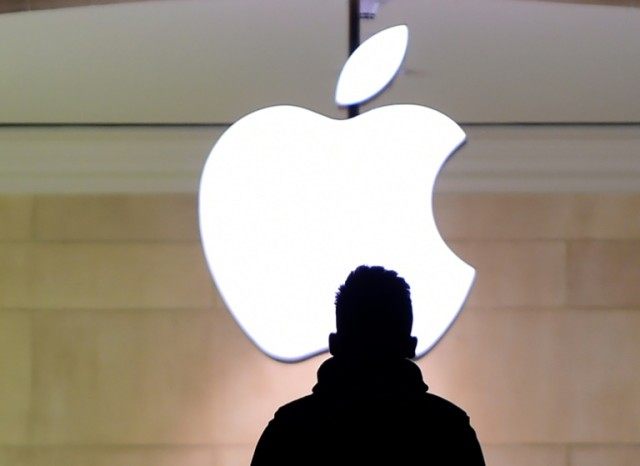Apple stock lost $50 billion in value when the company reported its first quarterly sales decline since 2003, as the glaring lack of innovation in the post-Steve Jobs era becomes more obvious.
The company’s net income for the second quarter of 2016 totaled $10.52 billion, or $1.90 a share. That’s down sharply from $13.57 billion, or $2.33 a share, in the same period a year earlier.
Apple’s revenue declined 13 percent from $58 billion to $50.55 billion.
Thirty-eight Wall Street analysts had a “buy recommendation” on Apple and only one analyst recommended selling. But none of the analysts expected the company would see a decline of 24 million in sales of iPhones versus the last quarter of 2015. When the numbers were released, the stock of the world’s most valuable company dropped in after-hours stock trading by almost 9 percent, or $49.7 billion.
Breitbart News in July warned that “Wall Street’s Love Affair with Apple May Be Over.” We were concerned that Apple management was trying to canalize Steve Jobs’ disruptive product initiatives by introducing a series of “derivative services” that included Apple Pay, Apple Music and Apple Web TV.
Although the new initiatives were supposedly designed to keep users corralled in the Apple iOS ecosystem’s “walled-garden,” none of the products followed Steve Jobs adage: “Design is not just what it looks like and feels like. Design is how it works.”
Nine months later, no one seems to care much about how Apple derivatives work, with the iPhone unit sales plunging and the sales pace of Apple Watch down by 50 percent.
Steve Jobs was forced out of Apple in the late 1980s. The company’s stock plunged by 80 percent between 1991 and 1997, because professional management was trying to harvest the cash flow by restricting research and development spending.
But with the company on the verge of bankruptcy, Jobs was given back control. Over the next two decades, the stock price grew by 21,000 percent as Jobs continuously launch disruptively exciting products.
When asked in 2008 what was the key to Apple’s success, Jobs said: “Our DNA is as a consumer company – for that individual customer who is voting thumbs up or thumbs down. That’s who we think about. And we think that our job is to take responsibility for the complete user experience. And if it’s not up to par, it’s our fault, plain and simply.”
When Jobs left Apple in 2011 with pancreatic cancer, all of the company’s products were gaining market share on competitors. Today, virtually every product Apple offers is losing market share.

COMMENTS
Please let us know if you're having issues with commenting.